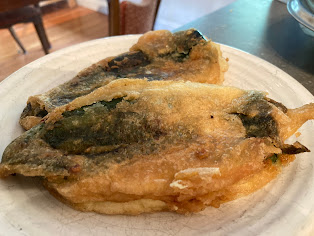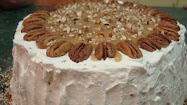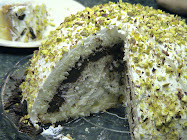the face speaks to me and thereby invites me to a relation.
–Emmanuel Levinas
November, 1999. It was my first semester at University of Toronto. I was overwhelmed by many things that first year of my PhD, but what stands out in my memory is the required “Methods in Religion” course that all first-year PhD students in Religion had to take. It didn’t help that I was the only female in a class of six. We had been assigned Levinas’s Of God who Comes to Mind. I was in way over my head—I understood not one sentence! Not one sentence! The professor graciously tried to explain: “You can make a large donation to a homeless shelter and help a lot of people, but Levinas is speaking about meeting a street person on Bloor. Not only throwing change into his cup but recognizing in his face a fellow human being, and letting him see your face. This is Levinas’s authentic relationship.”
June 10, 2014. We three sisters, myself, Julene and Rosabel, had tickets for the tribute concert Sleeping in the Devil’s Bed: The Music of Daniel Lanois at Massey Hall. The line up was impressive enough, but it was Emmylou who was drawing us there. It had been Rosabel’s birthday two days ago, and Julene and I planned to celebrate in an ever-so-low key way. I baked a carrot cake, which we were going to eat before the concert. I wasn’t sure how to transport a cake downtown on public transit without damaging it, so I cut four pieces. Four large pieces, even though we were just three, to snugly fill the container so that the pieces couldn’t move if I was jostled on the subway or if my container slipped sideways in my backpack. Massey Hall is no place to eat birthday carrot cake we realized as soon as we arrived—there’s no lobby to speak of and the seats are tight—so we walked one block to Eaton Centre and plonked ourselves down on the cushioned cubes in the aisle near the Shuter-Yonge entrance. I lifted three pieces of cake out of the container and placed them on the not-so-elegant plastic lid at the centre of our sister circle. I set the container with the lone piece of cake off to the side. Starbucks was only thirty feet away so I walked over and picked up three lattes. We didn’t sing happy birthday, but the cake was good!
A man entered the mall off Yonge Street, where we had entered earlier. He hurried past us, heading straight to the James Street exit. He was obviously using the mall as a throughway. He spotted the lone piece of cake—all eight cubed inches of it with its substantial layer of cream cheese icing—and his hungry gaze didn’t leave the cake as he kept walking. And then, twenty feet past us, it’s as if he finally understood what his eyes had known all along. He turned.

I knew before he even spoke—“Can I have the piece?”—what he wanted—“Yes!”—I handed him the piece. I was honoured by his request; there’s no other way to say it. This fourth piece, it hadn’t been only a last-minute practicality meant to fill the empty quarter of my container. I had been guided to add it by the possibility of just such an exchange, one that transcended the pan handling dilemma I regularly encountered in Toronto. Our eyes met—a carrot-cake-cream-cheese-icing moment of serendipitous joy.
But he had also seen our latte cups. He paused, glanced towards Starbucks and asked, “would you buy me a cup of coffee, too?” “No,” I said in a moment of hardening. Perhaps I had given enough—perhaps he had asked for too much—perhaps it was I who had asked for too much.
























































